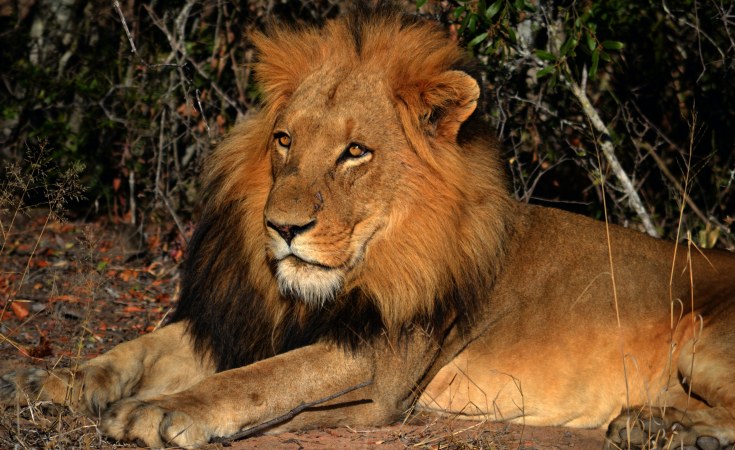A new investigative report on SA's lion farming industry comes to a damning conclusion: 'This new intelligence gathered by brave sources confirms what was previously suspected - these well-established, legal operations are plugged secretly into unethical practices and an illicit international trade network.'
On Thursday, which also marked World Lion Day, World Animal Protection released an investigative report that highlighted how the South African lion farming industry not only continues to cause appalling suffering to big cats but also has ties to international crime syndicates.
The international NGO has called on the South African government to stand by its commitment to shut down the country's commercial captive lion breeding industry for good.
Although the Department of Forestry, Fisheries and the Environment (DFFE) effectively stopped the legal export of lion bones (intended for use as traditional Asian medicine) in 2019, commercial captive breeding and canned hunting of lions in South Africa is currently still legal - with an estimated 8,000 to 12,000 lions and other big cats, including tigers, still bred and kept in captivity in more than 350 facilities around the country.
"Even as experienced researchers, we were deeply disturbed by the cruel practices taking place. It is sickening to see these majestic mammals reduced to mere commodities kept in merciless conditions," said Dr Neil D'Cruze, global head of wildlife research at World Animal Protection, after receiving evidence from anonymous sources on unregulated "off-grid" lion farms with "unimaginable" animal suffering.
"Lion cruelty...


